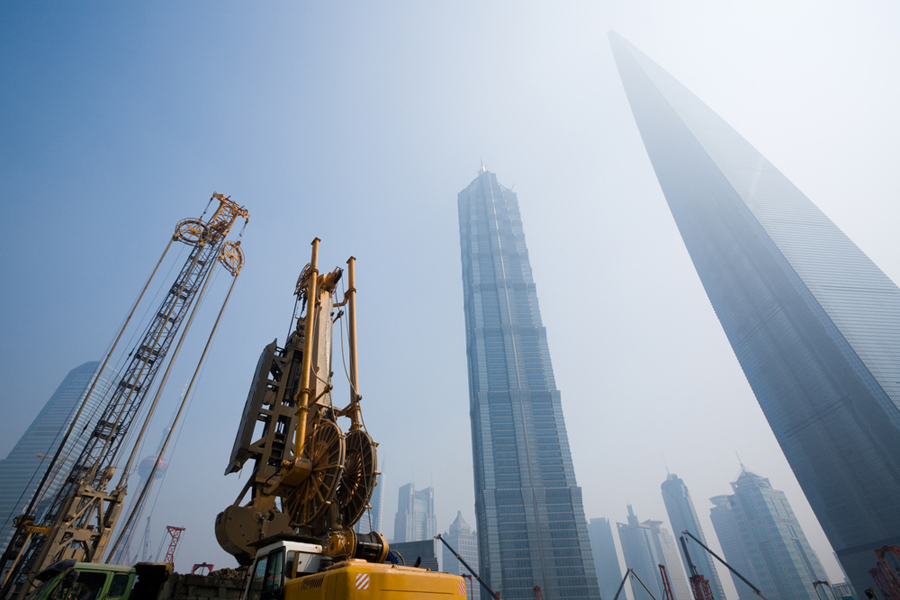China’s Baosteel H1 profit surges on firm steel prices, warns of trade dispute risks

BEIJING, Aug 27 (Reuters) – China’s Baoshan Iron & Steel Co Ltd, the largest listed steel maker in the country, reported a 62.2 percent surge on first-half net profit on firm steel prices, but warned about the risks of trade protectionism in the second half.
Known as Baosteel, the Shanghai-based steel giant posted net income of 10.01 billion yuan ($1.46 billion) in the first half of 2018, compared to 6.17 billion yuan a year ago, according to a statement to the Shanghai Stock Exchange.
Net income over April-June doubled to 5 billion yuan from 2.38 billion yuan in the same period last year, according to Reuters calculation based on the Baosteel statement as the company did not give a breakdown for quarterly results.
Strong earnings followed stable steel prices in the world’s No.1 steelmaking country. Average Shanghai rebar prices in the first half this year reached a record level of 3,458.4 yuan a tonne, up more than 30 percent from prior year.
Strong earnings followed stable steel prices in the world’s No.1 steelmaking country.
Average profit margins at Chinese steel mills reached over 1,100 yuan a tonne in June, just below the peak level in November last year.
Baosteel’s results also came after months-long production restrictions at steel mills in northern China as local authorities strive to cut harmful emissions from heavy industry in order to meet the politically significant air quality targets set by central government.
In the first six months, Baosteel churned out 23.96 million tonnes of steel products.
The company also said it had cut 3.12 billion yuan of cost in the first half of this year, outstripping its target 2018 target of reducing 1.8 billion yuan.
After merging with Wuhan Iron and Steel Co last year as part of Beijing’s effort to streamline the industry, Baosteel said it aimed to cut a total of 10 billion yuan in 2018-2020 from production, sales and financial sectors.
“China’s steel supply and demand is expected to be stable in the second half this year … However the market remains at risk from weak infrastructure investment, new steel capacity and rising trade protectionism,” Baosteel said.
“The market remains at risk from weak infrastructure investment, new steel capacity and rising trade protectionism.”
Washington and Beijing have been on a months-long tit-for-tat tariffs actions, with 25 percent import tariffs on steel products from both side.
Last week, officials from the two countries ended talks with no major breakthrough as their trade war escalated with another round of duelling tariffs on $16 billion worth of each country’s goods.
In 2017, Baosteel exported 3.84 million tonnes of steel products, with 10.1 percent flowing into America.
“Baosteel will keep a stable scale of output and sales … and will speed up diversifying steel products from Zhanjiang steel base, while keep cutting costs in the whole company,” the company said.
Baosteel said in a separate statement it will invest 18.85 billion yuan to invest a blast furnace project at its Zhanjiang base with 3.6 million tonnes of annual capacity. ($1 = 6.8740 Chinese yuan renminbi)
(Reporting by Muyu Xu and Josephine Mason; Editing by David Evans)
{{ commodity.name }}
{{ post.title }}
{{ post.date }}




Comments